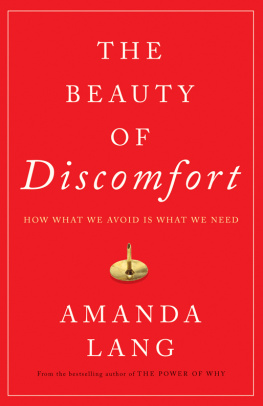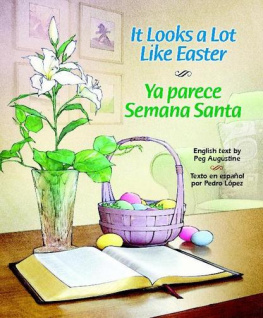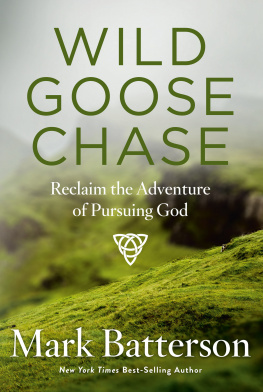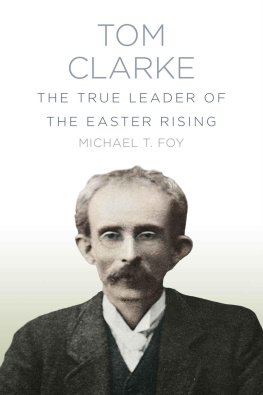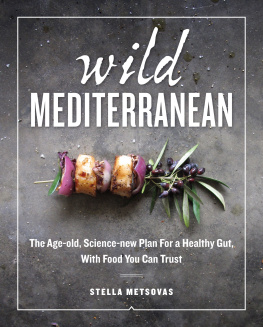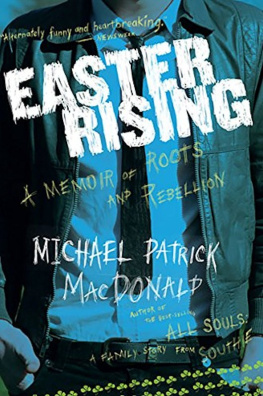Michael Easter - The Comfort Crisis: Embrace Discomfort to Reclaim Your Wild, Happy, Healthy Self
Here you can read online Michael Easter - The Comfort Crisis: Embrace Discomfort to Reclaim Your Wild, Happy, Healthy Self full text of the book (entire story) in english for free. Download pdf and epub, get meaning, cover and reviews about this ebook. year: 2021, publisher: Harmony/Rodale, genre: Romance novel. Description of the work, (preface) as well as reviews are available. Best literature library LitArk.com created for fans of good reading and offers a wide selection of genres:
Romance novel
Science fiction
Adventure
Detective
Science
History
Home and family
Prose
Art
Politics
Computer
Non-fiction
Religion
Business
Children
Humor
Choose a favorite category and find really read worthwhile books. Enjoy immersion in the world of imagination, feel the emotions of the characters or learn something new for yourself, make an fascinating discovery.
- Book:The Comfort Crisis: Embrace Discomfort to Reclaim Your Wild, Happy, Healthy Self
- Author:
- Publisher:Harmony/Rodale
- Genre:
- Year:2021
- Rating:4 / 5
- Favourites:Add to favourites
- Your mark:
- 80
- 1
- 2
- 3
- 4
- 5
The Comfort Crisis: Embrace Discomfort to Reclaim Your Wild, Happy, Healthy Self: summary, description and annotation
We offer to read an annotation, description, summary or preface (depends on what the author of the book "The Comfort Crisis: Embrace Discomfort to Reclaim Your Wild, Happy, Healthy Self" wrote himself). If you haven't found the necessary information about the book — write in the comments, we will try to find it.
Michael Easter: author's other books
Who wrote The Comfort Crisis: Embrace Discomfort to Reclaim Your Wild, Happy, Healthy Self? Find out the surname, the name of the author of the book and a list of all author's works by series.
The Comfort Crisis: Embrace Discomfort to Reclaim Your Wild, Happy, Healthy Self — read online for free the complete book (whole text) full work
Below is the text of the book, divided by pages. System saving the place of the last page read, allows you to conveniently read the book "The Comfort Crisis: Embrace Discomfort to Reclaim Your Wild, Happy, Healthy Self" online for free, without having to search again every time where you left off. Put a bookmark, and you can go to the page where you finished reading at any time.
Font size:
Interval:
Bookmark:
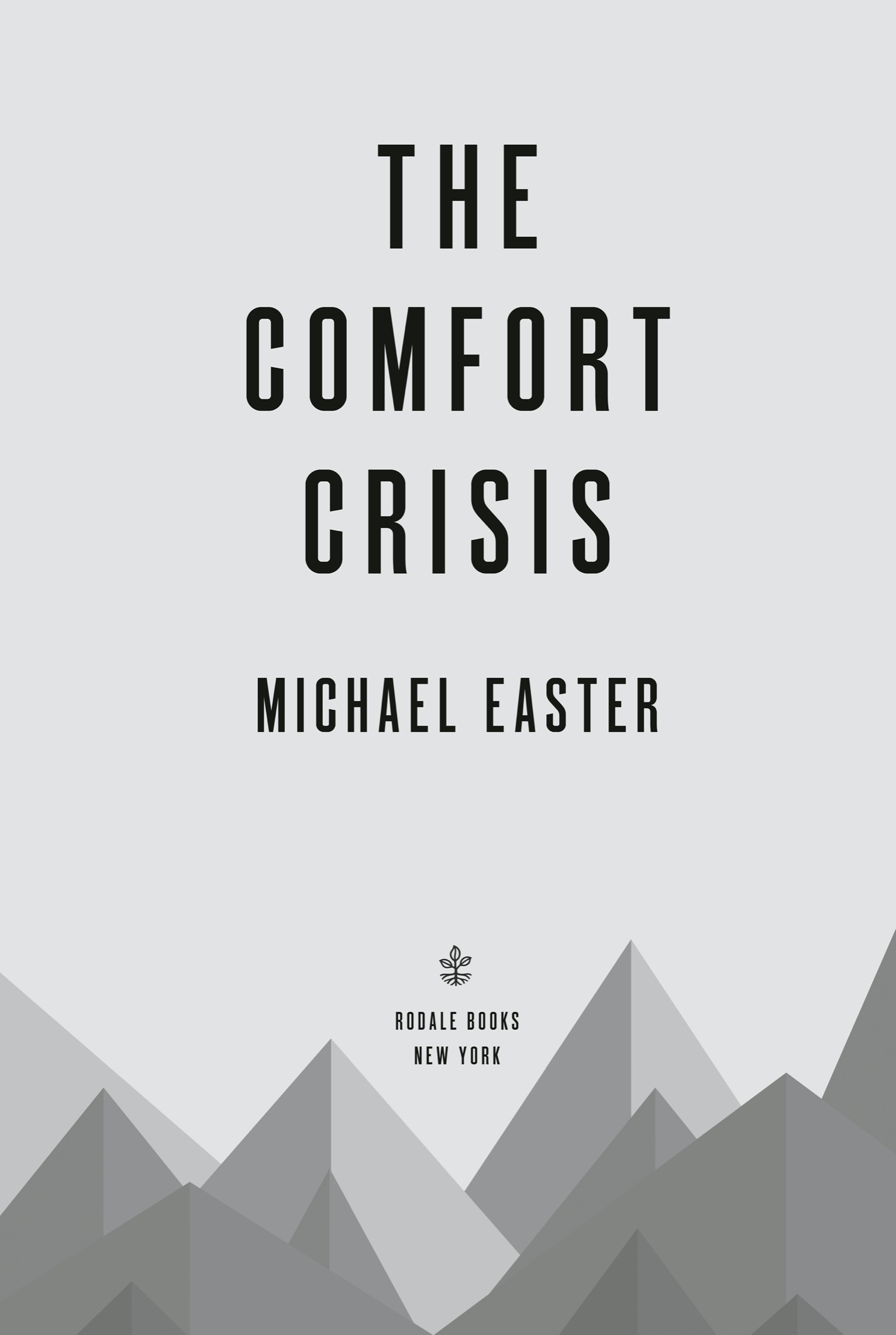

Copyright 2021 by Michael Easter
All rights reserved.
Published in the United States by Rodale Books, an imprint of Random House, a division of Penguin Random House LLC, New York.
rodalebooks.com
RODALE and the Plant colophon are registered trademarks of Penguin Random House LLC.
Library of Congress Cataloging-in-Publication Data is available upon request.
ISBN9780593138762
Ebook ISBN9780593138779
Cover design by Pete Garceau
Cover photo-illustration by bgblue/DigitalVision Vectors/Getty Images (door) and hadynyah/E+/Getty Images (landscape)
ep_prh_5.6.1_c0_r0
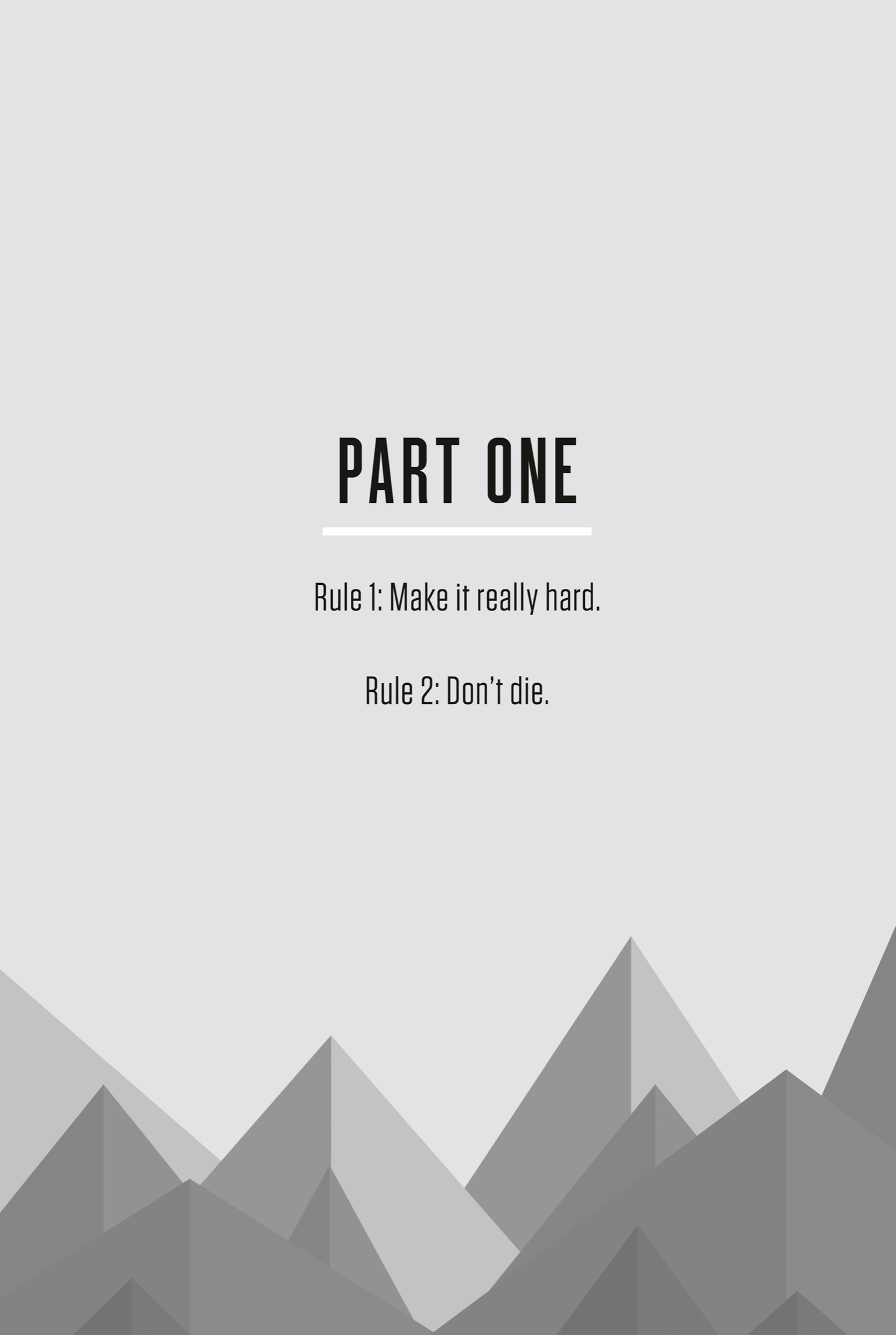

IM STANDING ON a windy tarmac in Kotzebue, Alaska, a 3,000-person village 20 miles above the Arctic Circle on the Chukchi Sea. In front of me are two airplanes. One will soon dump me deep into the Alaskan Arctic, a place thats generally agreed to be one of the loneliest, most remote, and most hostile on earth. Im on edge.
This impending voyage into the Arctic is one thing. But Im also no fan of flying. Particularly when its in planes like these: single-engine, two- and four-seater bush craft. Picture empty Campbells soup cans with wings.
Donnie Vincent senses my nerves. Hes a backcountry bow-hunter and documentary filmmaker on this expedition with me. He sidles up to my shoulder, leans in, and lowers his voice. Most of the pilots up here are whiskey-swilling cowboy mountain men. The type of guys who dont think twice about getting into a bar fight, he says over the freezing gusts. But just so you know, I booked the absolute best pilot I could. Brian is Top Gun. I nod thanks.
Im not telling you were not going to crash and die, Donnie continues. That is a real risk, OK? But this guy is good. So the odds that well be in a plane crash are My edginess amplifies into existential dread as I cut him off. OK, I say. Got it.
Commercial flying is incredibly safe. The statistics say youre infinitely more likely to die in a crash on the way to the airport than you are in the plane. But this rule does not apply to bush plane flights in Alaska.
About 100 of these flights a year end in fire and brimstone, and the FAA recently released an unprecedented warning to Alaskan bush plane pilots after a spike in accidents. This year has been particularly bad. Fierce weather and thick fog and wildfire smoke have been messing with visibility. Donnie tells me that Brian has a colleague named Mike who recently crashed after misreading the weather. Mike was lucky enough to walk away, but the plane had to be rebuilt.
Once Brian drops us in the Arctic backcountry, well face more dangers: furious grizzlies, 1,500-pound moose, packs of flesh-craving wolves, wild-eyed wolverines, blood-addicted badgers, raging glacial rivers, violent whiteout snowstorms, subzero temperatures, hurricane-force winds, precipitous cliffs, deadly diseases with names like tularemia and hantavirus, swarming mosquitoes, swarming mice, swarming rats, the runs, the barfs, the bleeds.There might be a million ways to die in the West, but there are 2 million in the Alaskan backcountry.
Our only way out? Well trudge hundreds of miles across that rugged world until Brian picks us up in 33 days time. Along the way well be searching for a mythical herd of caribou, a migrating army of 400-pound ghosts that silently roam the Arctic tundra, their gnarled, four-foot antlers emerging from the crystalline fog only to disappear when the wind shifts.
The coming five weeks are an all-in proposition. Unlike, say, hiking the Pacific Crest or the Appalachian Trail, deep in the Alaskan backcountry you cant decide youre too cold and hungry and wander a couple miles off-trail to a highway where you can Uber to the nearest diner for a hot cup of coffee and a stack of flapjacks. There are few, if any, trails. And the closest road, town, point of cell reception, and hospital can be hundreds of miles away. Hell, even death may not be a way out. My insurance policy, unfortunately, does not offer remotely located corpse recovery coverage.
None of this sounds anything like my safe, comfortable life at home. And thats the point. Most people today rarely step outside their comfort zones. We are living progressively sheltered, sterile, temperature-controlled, overfed, underchallenged, safety-netted lives. And its limiting the degree to which we experience our one wild and precious life, as poet Mary Oliver put it.
But a radical new body of evidence shows that people are at their bestphysically harder, mentally tougher, and spiritually sounderafter experiencing the same discomforts our early ancestors were exposed to every day. Scientists are finding that certain discomforts protect us from physical and psychological problems like obesity, heart disease, cancers, diabetes, depression, and anxiety, and even more fundamental issues like feeling a lack of meaning and purpose.
There are plenty of, lets say, less committed ways to gain the benefits of discomfort. Stuff a person could easily fold into their daily life to improve their mind, body, and spirit. But this trip is at the extreme end of a prescription that researchers across disciplines say we should make a part of our lives. Its part rewilding, part rewiring. And its benefits are all-encompassing.
Brian, Donnie, William Altman, who is Donnies lifelong cinematographer, and I are outside the Conex shipping container that acts as Ram Aviations base of operations at Kotzebues local airport. Were all organizing gear and trying to keep our faces out of the ballistic wind, which is shuttling more salty fog from the sea across the land and into the hazy gray mountains. Lets load up and go before that fog gets worse, says Brian.
Donnie used to spend six months at a time in the Alaskan backcountry as a biologist for the Fish and Wildlife Service. He lived out of a yellow North Face tent that he describes as a big yellow gumdrop. Hes since researched, hunted, and filmed in some of the most extreme and remote locations on earth. The guy one summer, no kidding, lived among a pack of wolves as he studied salmon on the Tuluksak River in the Yukon delta.
William has been with Donnie on nearly every hunt and is a rare breed of twenty-something who parties like its 1899. He spent most of the last decade in an Internet- and running-water-free, eight-foot-by-eight-foot cabin in the Maine backwoods. The kid primarily lives on food he hunts, raises, and grows himself.
The accompaniment of these guys eases my apprehension. But only sort of. Because the thing about nature is that its unpredictable and unforgiving. It doesnt care about your experience and what happened the last time you visited it. Nature can always throw rougher stuff at you. Meaner animals, taller cliffs, lower temperatures, wider rivers, and more snow, rain, wind, and sleet.
Donnie and William are often reminded of this harrowing reality. They once ran out of food and nearly starved and froze when whiteout storms caused their pickup plane to arrive four days late. Another time they had to shoot a charging locomotive-size grizzly that would have rearranged their internal organs. By dumb luck the shot ricocheted off the bears skull, knocking him out cold.
Font size:
Interval:
Bookmark:
Similar books «The Comfort Crisis: Embrace Discomfort to Reclaim Your Wild, Happy, Healthy Self»
Look at similar books to The Comfort Crisis: Embrace Discomfort to Reclaim Your Wild, Happy, Healthy Self. We have selected literature similar in name and meaning in the hope of providing readers with more options to find new, interesting, not yet read works.
Discussion, reviews of the book The Comfort Crisis: Embrace Discomfort to Reclaim Your Wild, Happy, Healthy Self and just readers' own opinions. Leave your comments, write what you think about the work, its meaning or the main characters. Specify what exactly you liked and what you didn't like, and why you think so.



